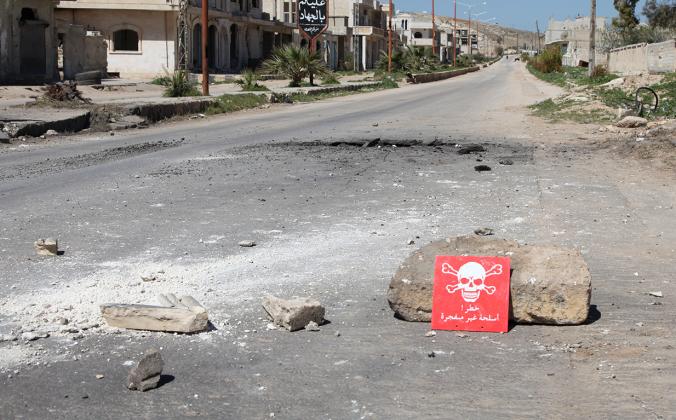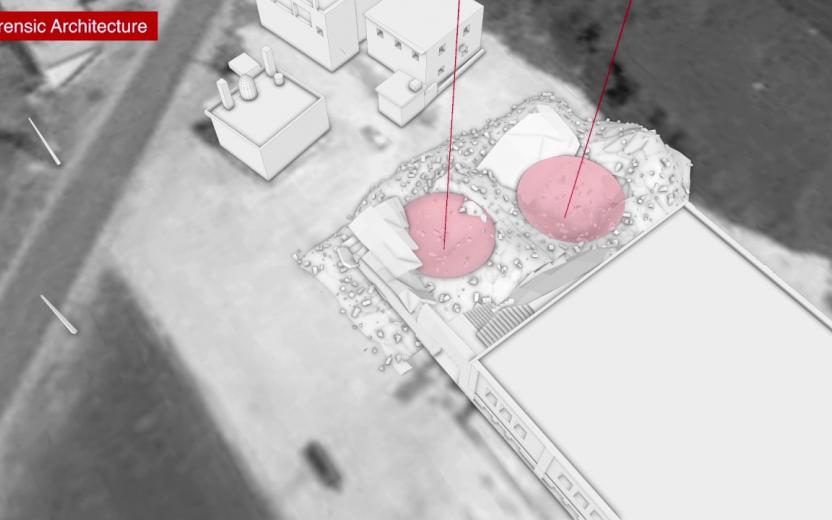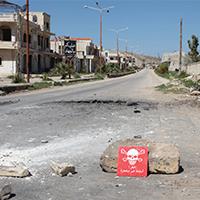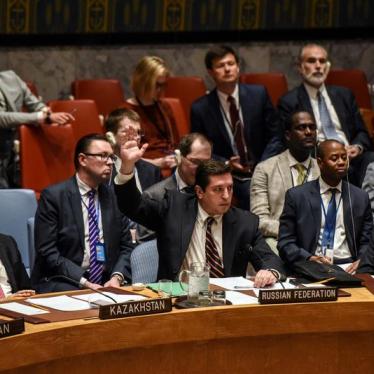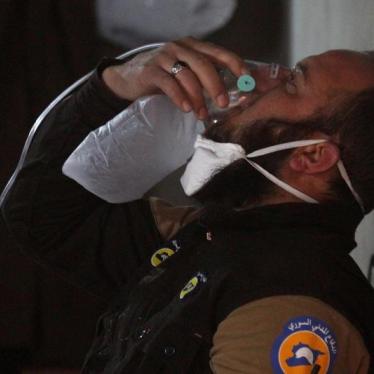
Arms
Many urgent arms-related challenges should be addressed to protect civilians affected by conflict and its deadly legacy. Antipersonnel landmines and cluster munitions have been prohibited outright, but the ban treaties need to be universalized and complied with fully. Militaries use a wide-range of explosive weapons—artillery, rockets, mortars, air-delivered bombs and more—in populated areas, frequently causing indiscriminate harm to civilians. Incendiary weapons cause painful and cruel injuries, yet they continue to be used. The development of fully autonomous weapons—“killer robots”—that could select and engage targets without human intervention need to be stopped to prevent a future of warfare and policing outside of human control and responsibility. Human Rights Watch investigates these and other problematic weapons systems and works to develop and monitor international standards to protect civilians from armed violence.

- Ukraine

- Middle East/North Africa
 News Release
News ReleaseIraq/Syria: Danger From US White Phosphorus
- Middle East/North Africa
 News Release
News ReleaseSyria: Key Concerns for Raqqa Battle
Take Action




